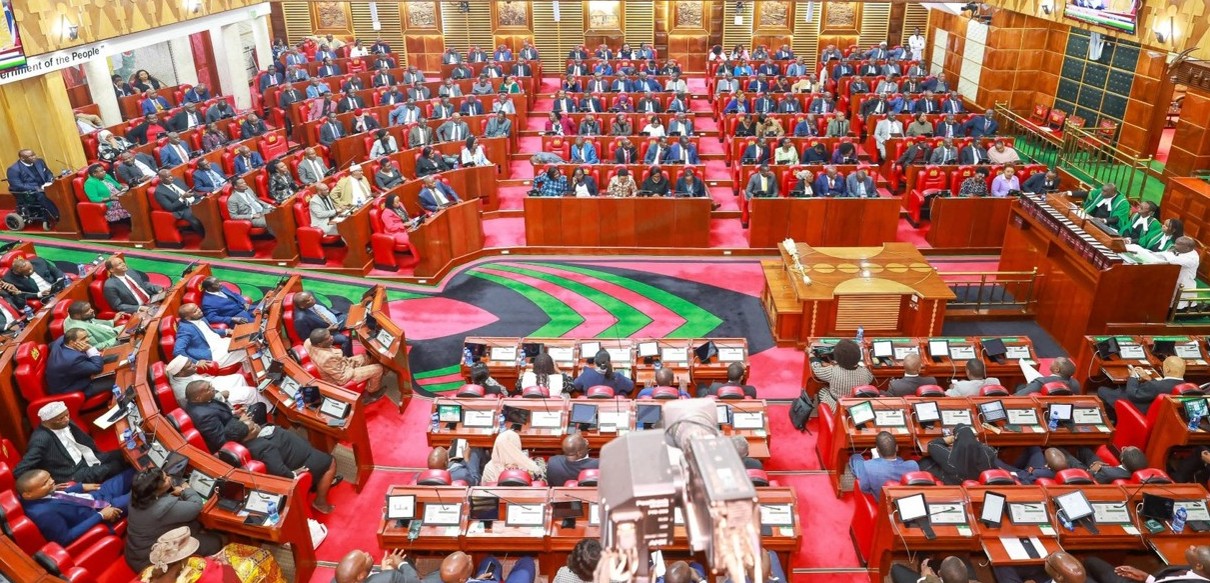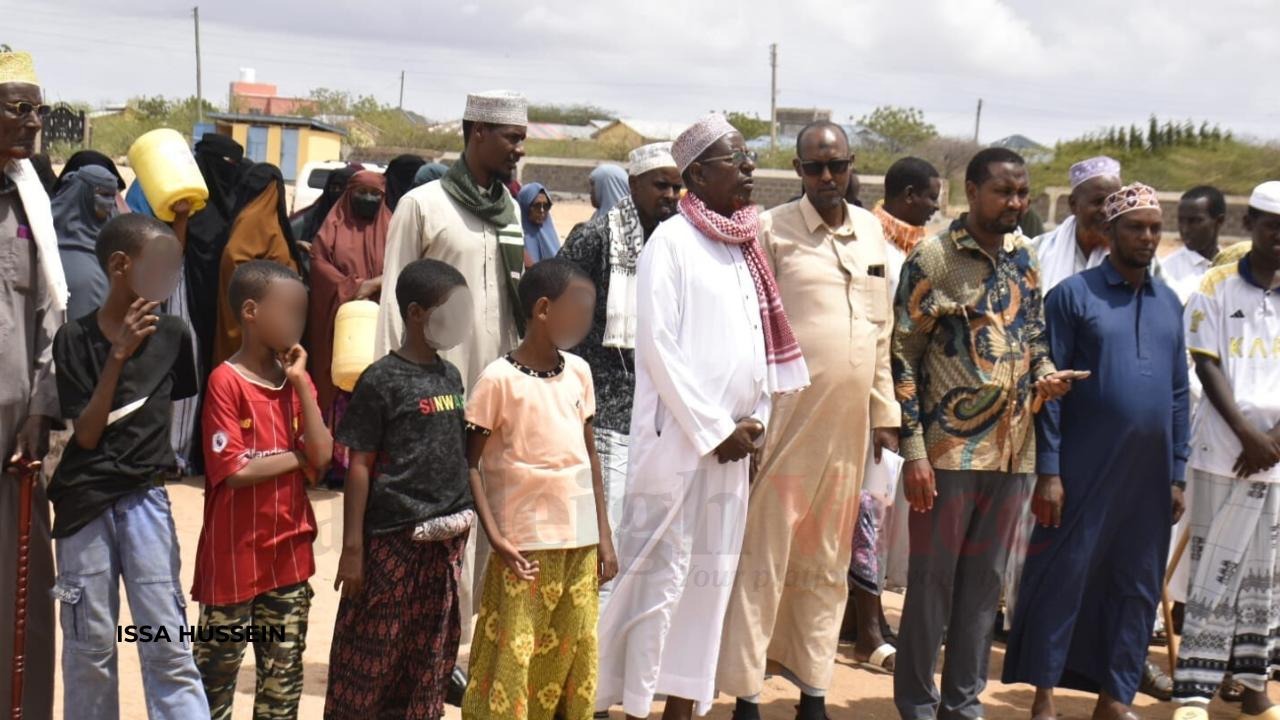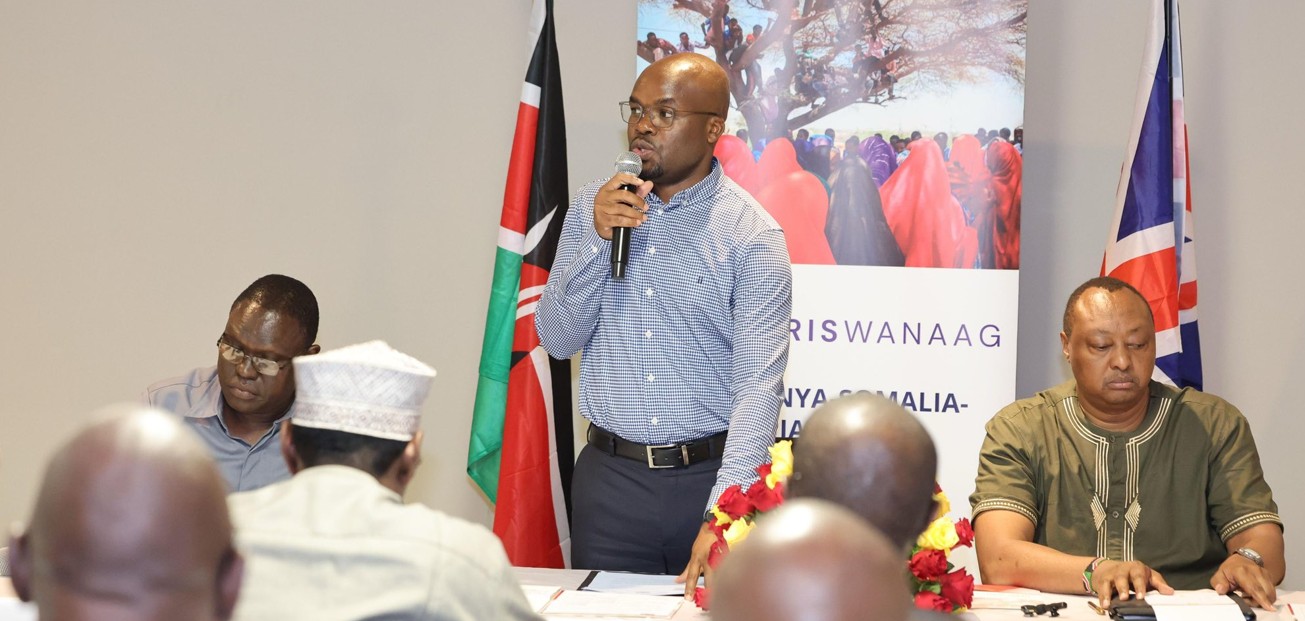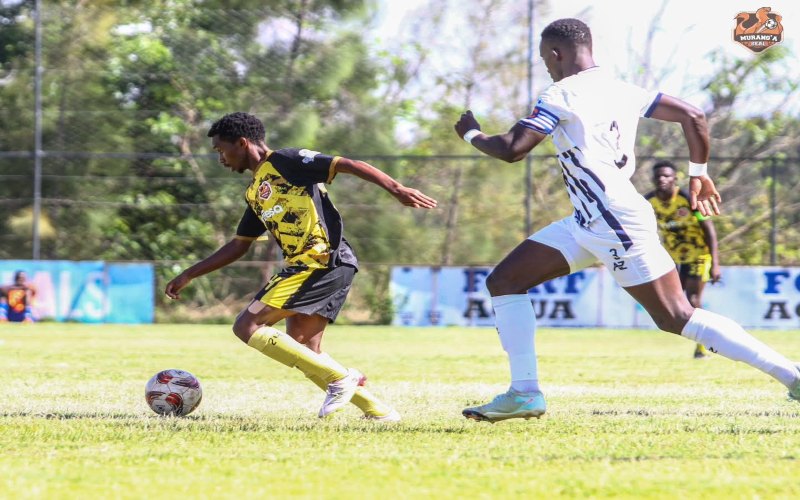Flood victims in Garissa seek government help amid deteriorating conditions
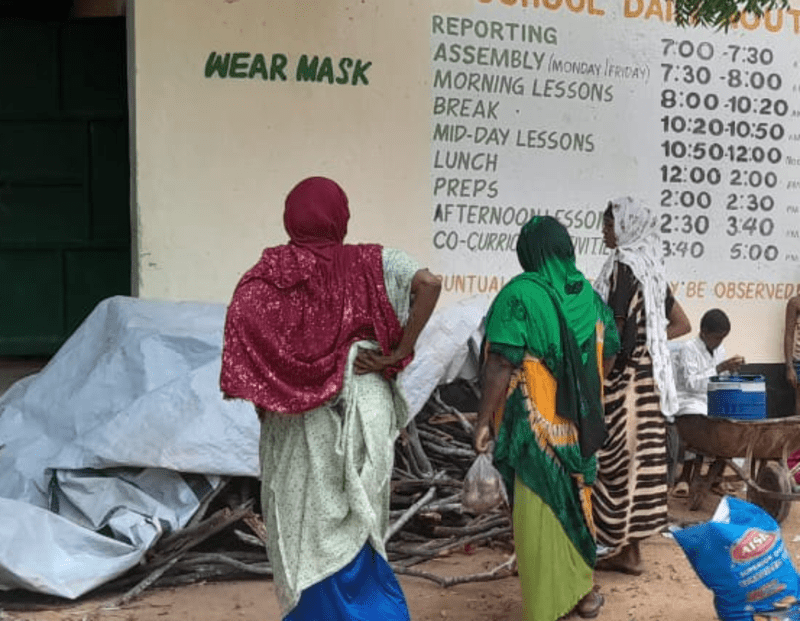
Flood victims currently being housed in 11 camps in Garissa have decried the government's lack of commitment to providing aid despite promises from Deputy President Rigathi Gachagua.
In an interview with The Eastleigh Voice, they expressed concern that their situation is worsening as heavy rains persist in the region, especially affecting children.
More To Read
- Defections rock Gachagua’s party ahead of by-elections
- Martha Karua says she will serve for only one term if elected president
- Maraga rules out working with President Ruto, open to alliance with Gachagua
- Challenging the status quo: Githunguri MP Gathoni Wamuchomba tells it all
- Live blog: Suspected goons stone Rigathi Gachagua's convoy on Mombasa Road
- IG Kanja quashes arrest speculation surrounding Gachagua’s arrival
The indefinite postponement of school openings by President William Ruto has brought some relief, as they were warned of forced evictions from schools.
Joan Wawera, one of 467 individuals currently at Jaribu Primary School, highlighted overcrowded classrooms and the struggle for limited space during rainy weather.
She expressed disappointment at not receiving the promised food after the Deputy President's visit. "The Deputy President came with relief food during his visit but we yet to receive our portions. We don't know if we will get our share," she said.
The DP, accompanied by Cabinet Secretaries Aden Duale (Defence), Davis Chirchir (Energy) and Kipcumba Murkomen (Transport) with a host of Garissa leaders visited flood victims at Hyuga Girls and flagged off relief food on Thursday. They promised to provide food to flood victims besides working for permanent solutions.
 Belongings of some of the flood victims at Jaribu Primary School. (Photo: Abdimalik Hajir)
Belongings of some of the flood victims at Jaribu Primary School. (Photo: Abdimalik Hajir)
Sheikh Sahal Mohamud Adhan, another flood victim, lamented the indifference of local leaders to their plight, stressing the urgent need for mosquito nets, food, medicine, and tents.
"The government has so many ways to distribute food items, we were told that we cannot be orderly when sharing food and that is how the items brought by the Deputy President were taken back," he said.
Adhan Bile, chairman of people living with disabilities, described dire conditions, including inadequate sanitation facilities and fears of a cholera outbreak. He urged the President to declare floods a national disaster.
"Our situation is dire, there is no proper toilet and we fear an outbreak of cholera, people have lost livelihood, and some people have all their household items swept away by floods," he added.
The Garissa County Government reported approximately 28,572 individuals from 4,762 households across the 11 IDP camps. Most displaced households have sought refuge in public schools and other institutions, with new displacements occurring daily due to ongoing floods.
The camps, including Hyuga, Nep Technical, Kasuku, and others, lack sufficient emergency shelters and proper infrastructure, posing health risks and increasing vulnerability to communicable diseases like cholera.
Despite no reported cholera outbreaks, the county officials emphasised the high risk due to contaminated water sources from open defecation and limited access to healthcare facilities.
Top Stories Today
